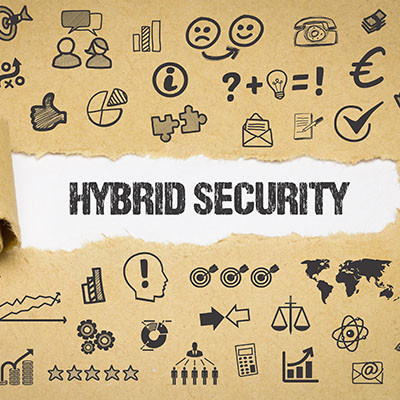Everyone is going to have a different opinion on remote work. Plenty of statistics show that it leads to happier, more productive workers. There is a rapidly growing number of professionals who will make career decisions based on whether or not they can work remotely. At the same time, some industry leaders are blaming lackluster product launches and poor company culture on remote and hybrid work. While more often than not, the negatives of remote work end up being situational or improperly framed, it’s also not a guarantee that hybrid or remote work always has immediate gains.
The shift to remote and hybrid work models has brought new cybersecurity challenges to the forefront as well.
As employees toggle between office and remote work, the risk landscape expands. Maintaining a secure environment is crucial. While we think remote work is here to stay for a large percentage of organizations, it’s important to understand and mitigate the risks that come with it.
Let’s delve into best practices for hybrid work security.




















